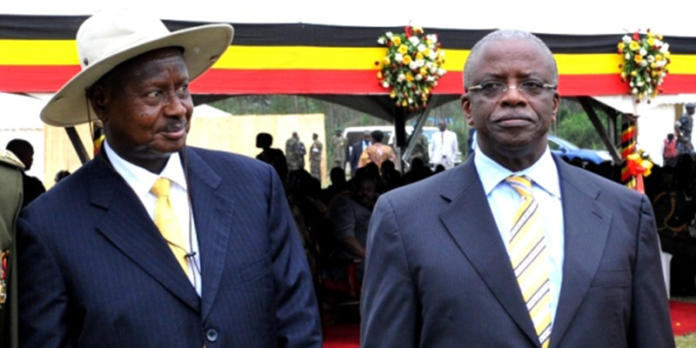In the early 1980s, President Obote labeled Museveni a “Rwandese refugee” in an attempt to delegitimize his rebellion. Following this, opposition parties like the Democratic Party (DP) accused Museveni of being a Marxist-Communist, claiming he would abolish private property and enforce communal sharing of women. These baseless allegations were aimed at discouraging public support for Museveni.
As Uganda transitioned into a new era with the 1995 Constitution, opposition tactics shifted. Remnants of DP and UPC spread rumors about Museveni’s intentions to “steal” land in various regions, including Buganda, Lango, Teso, and Acholi. This narrative has persisted, with opposition groups continuing to circulate these claims to gain political advantage.
The article highlights how these tactics have been adopted by younger politicians from various opposition parties, including DP, UPC, FDC, and NUP. It suggests that the NRM’s failure to establish a deep-rooted progressive ideology may have contributed to the proliferation of these unfounded accusations.
























